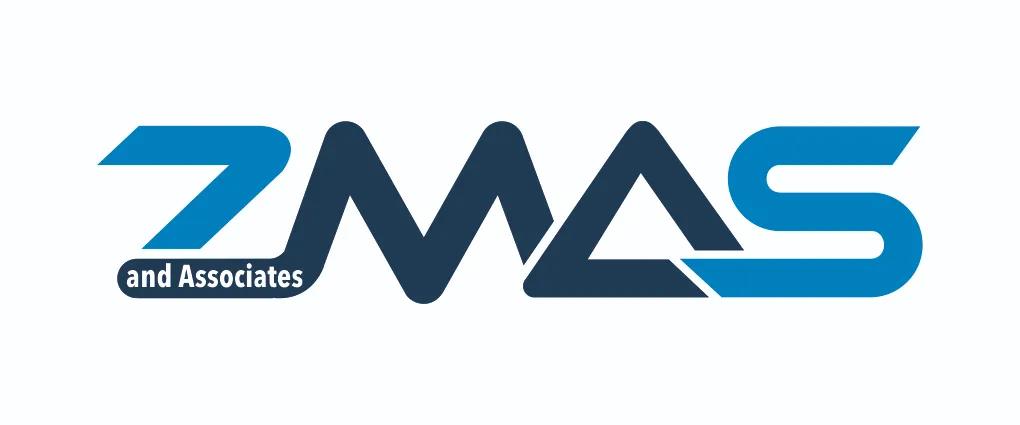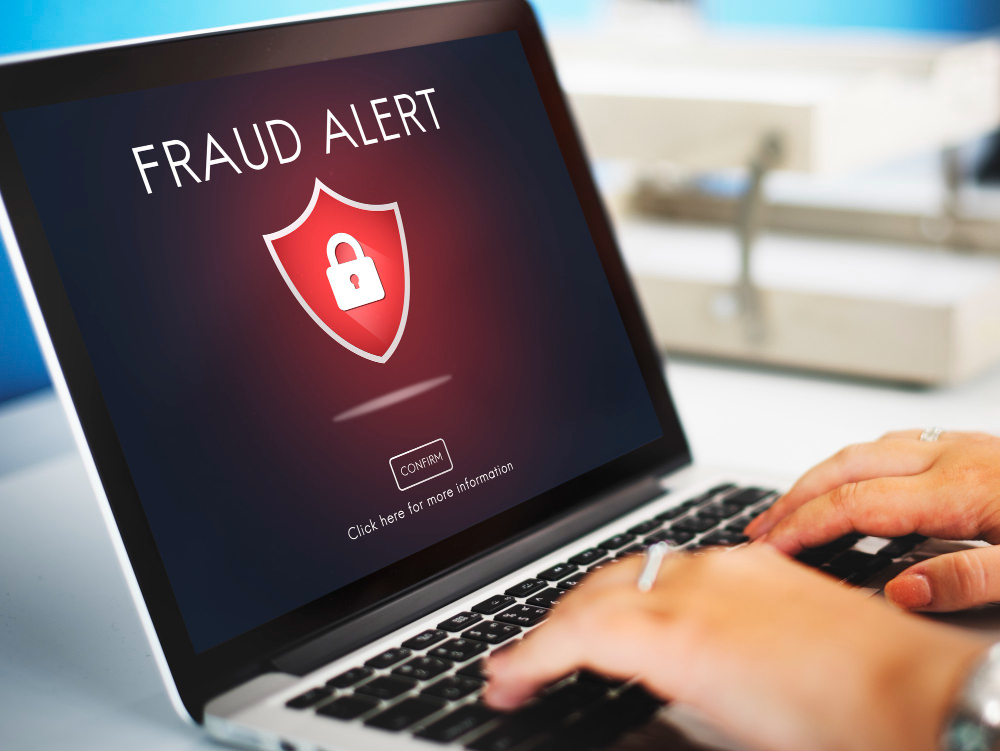Internal Audit is an important part of an organization’s internal control system. One of the objectives of an internal control system is to mitigate Fraud Risk (Read more about the most common types of corporate frauds). Although Internal Audit can never guarantee the mitigation of all fraud risks, it can surely be of help in your organization’s efforts toward the prevention of fraud. In this article, we will look at how an internal audit service provider can help your organization when it comes to the prevention and detection of fraud.
Table of Contents
ROLE OF INTERNAL AUDITING IN FRAUD PREVENTION
An Internal Auditor provides assurance to your board of directors about the effectiveness of your organization’s internal controls systems. Some of these internal controls are designed to prevent fraud, internal audit helps in the ongoing monitoring and testing of these controls.
Internal audit helps in identifying areas of your organization that are vulnerable to fraud and recommends controls to mitigate these risks and your internal auditor can also help you in developing policies and procedures for fraud prevention.
An internal audit firm can be leveraged to provide training and awareness to your employees on how to prevent fraud and look for indicators of fraud. Your management needs to make sure that your organization’s code of ethics contains measures to prevent fraud.

THE ROLE OF THE INTERNAL AUDITORS IN DETECTING AND INVESTIGATING FRAUD
Internal audit plays a key role in detecting and investigating fraud within an organization. When a firm providing internal audit services is hired by your organization it can assist with the investigation of fraud allegations and provides recommendations to prevent future occurrences.
During a fraud investigation, Internal Auditors review your financial transactions, evaluate business processes, and interview stakeholders to identify red flags that may indicate fraudulent activity. They work with your other departments, such as finance, operations, procurement, and legal, to investigate suspicious activity.
Internal auditors gather evidence through their investigations of fraud-related incidents and report to the audit committee and board of directors on the impact of the fraud, root-cause for fraud, and internal controls required to be implemented to prevent future fraud.
RESPONSIBILITY RELATING TO FRAUD PREVENTION
Even though it is the responsibility of the management to design the internal controls, internal auditors are the best resource for evaluating the effectiveness of the measures the management has put in place to manage risks.
Auditors working with companies providing monitor potential fraud risks, assess the adequacy of controls, and suggest steps for improvement. They can play an essential role in fraud detection as they have knowledge of critical processes throughout the organization and can communicate openly with the executive board and staff.
In many organizations, the CEO is responsible for responding to issues raised through the ethics hotline or whistle-blowing that are used to detect fraud. Internal audit services also play a direct role in investigating such incidents or may serve as a resource point to those responsible, but they are not expected to have the expertise of those whose main responsibility is to detect and investigate fraud.
CONCLUSION
Some organizations believe that as fraud detectives, auditors need to be directly involved in prevention measures, while others believe that senior management is the first line of defense. While other thought leaders have gone so far as to say that treating internal audit services as fraud investigators creates unrealistic expectations that can be disastrous for a business.
Not only is global fraud on the rise but it is also estimated that insiders commit the majority of fraud. In some cases, fraud can be so devastating that it can bring your organization down. With fraudsters becoming cleverer with their methods, businesses must pay closer attention to their anti-fraud measures if they want to prevent, detect, and respond to fraud before it leads to more serious issues.
Internal Auditors can work with your management in establishing a culture that values ethics, honesty, and integrity. Moreover, they also help them assess the internal controls used to detect or mitigate fraud, evaluate the risk of fraud and participate in fraud investigation.


Recent Comments